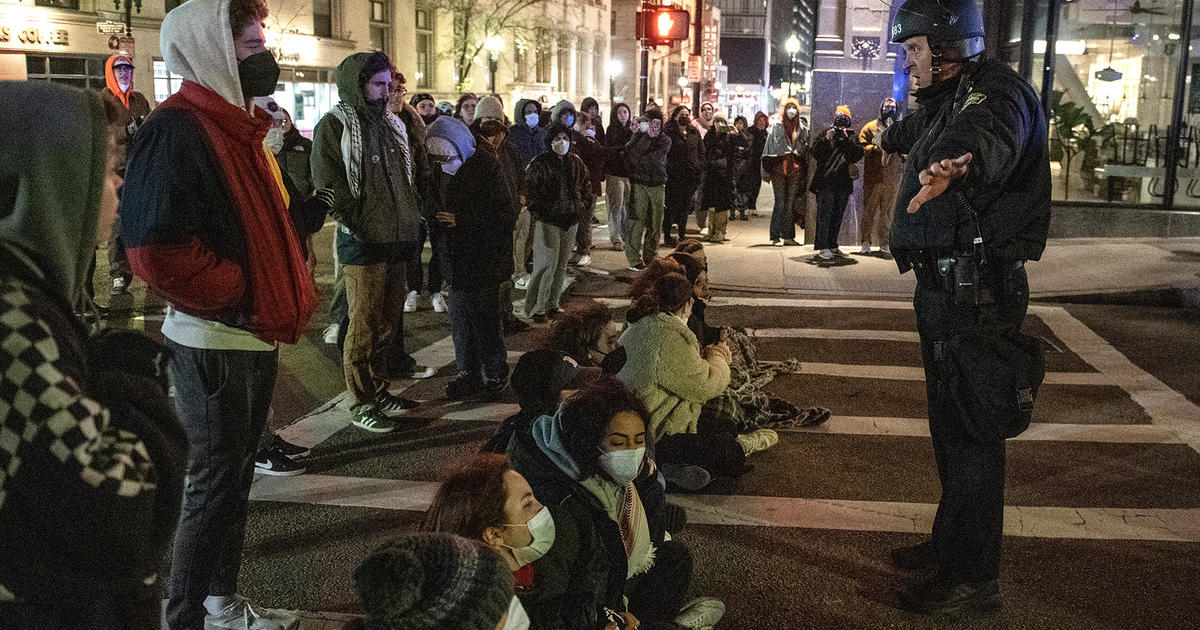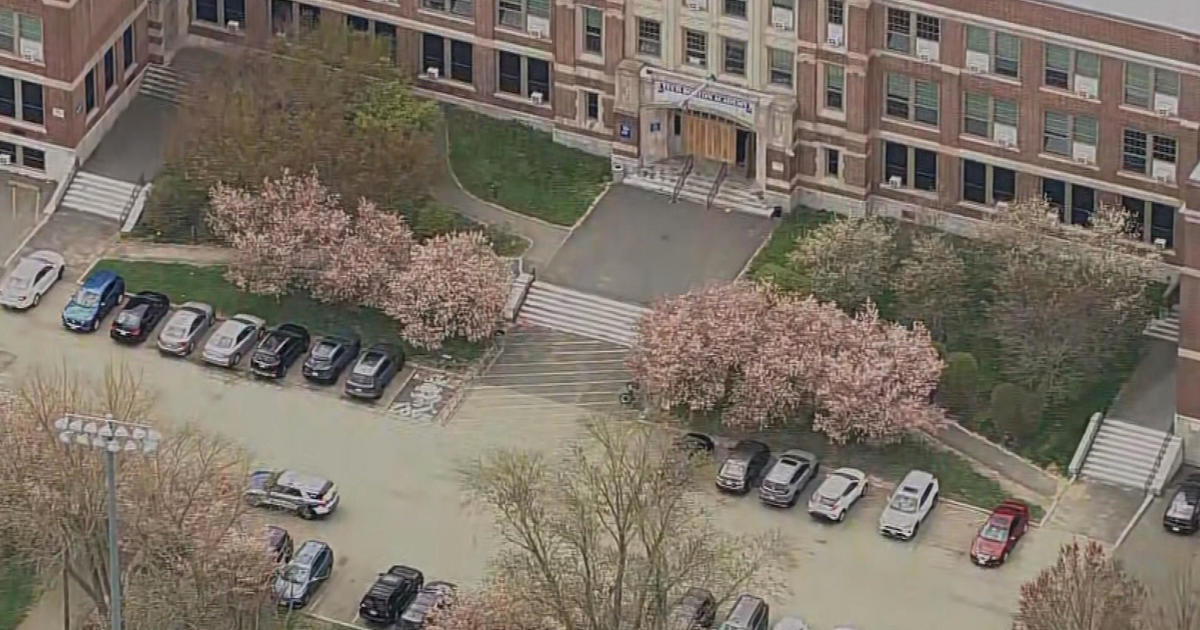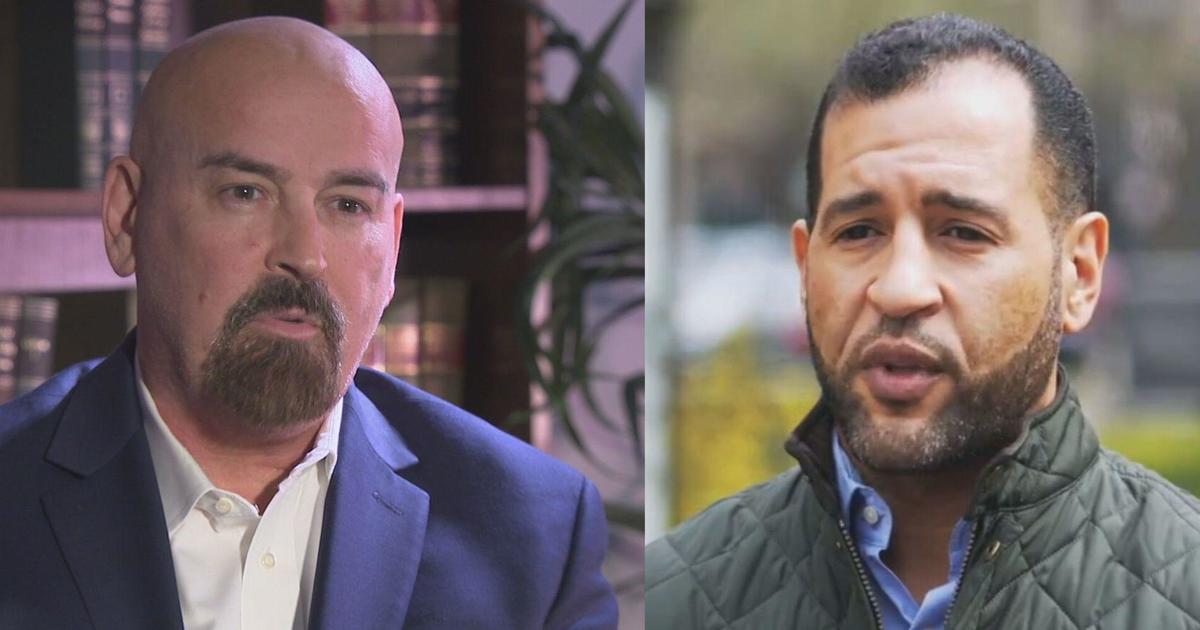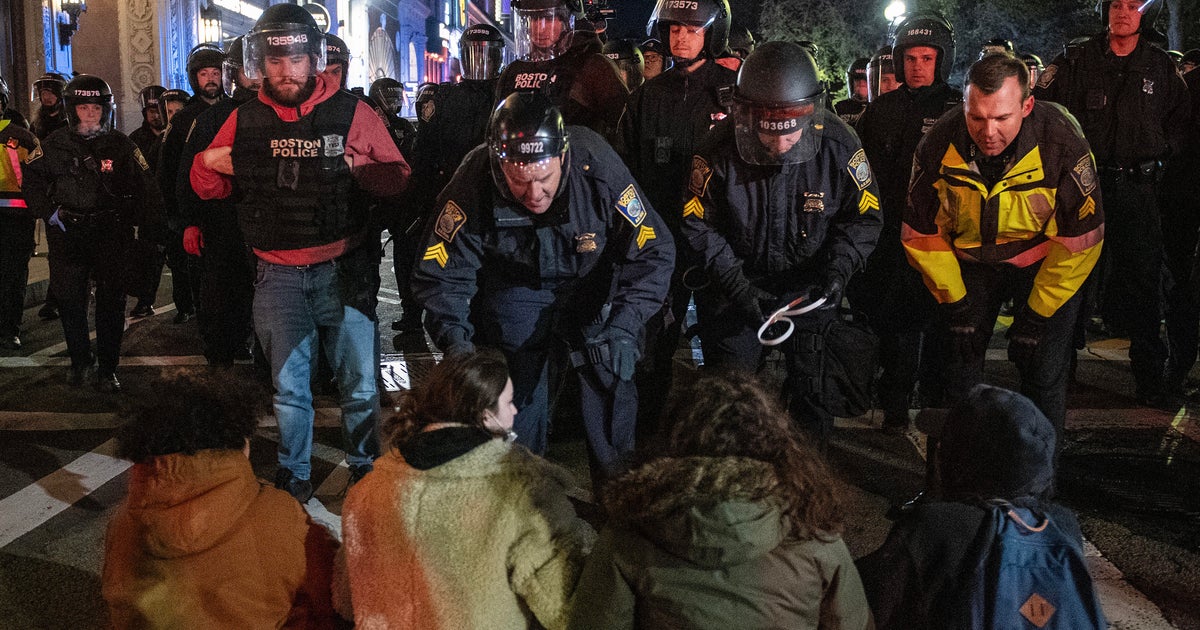'Incredibly Rare Side Effect': Infectious Disease Specialist Dr. Paul Sax Explains Johnson & Johnson Vaccine Pause
BOSTON (CBS) - Based on recommendations by the FDA and CDC, Massachusetts, New Hampshire, as well as federal vaccine programs at local pharmacies paused further injections of the Johnson & Johnson COVID-19 vaccine on Tuesday.
Dr. Paul Sax, an infectious diseases specialist at Brigham & Women's Hospital in Boston, explained what vaccine recipients should watch for, and what this means for the overall coronavirus vaccine supply.
CBS Boston: For people who recently received the Johnson & Johnson vaccine, what symptoms should they be watching for?
Dr. Sax: The first thing I have to mention - this is an incredibly rare side effect; it happened in six women out of over 6 million doses received. So, it's very uncommon. Nonetheless, to be cautious, if within the first couple of weeks after getting the vaccine a person experiences severe abdominal pain, or headache, or swollen legs then they should definitely bring the symptoms to the attention of their physician and mention that they got the J&J vaccine.
CBS Boston: This happened predominantly in women, ages 18 to 48. How long do you think people should monitor for possible symptoms?
Dr. Sax: It does appear to be a recent vaccine onset side effect. The cases occurred, in the United States at least, within the first couple of weeks. It's very similar to what's been reported with the AstraZeneca vaccine, which also had these clots occur relatively soon after administration of the vaccine. So I would say that people who received the J&J vaccine a couple of months ago no longer need to worry, as far as we know. The risks are not elevated when it's that far removed.
CBS Boston: What is the treatment like if you do develop a blood clot?
Dr. Sax: The treatment for blood clots is to give blood thinners. One of the important points made by the FDA, by Dr. Peter Marks - a trained hematologist who trained here in Boston, is that one of the usual treatments for blood clots, which is Heparin, a blood thinner, actually should not be administered to people who have this particular syndrome. This syndrome does have very similar characteristics to one that is actually caused by Heparin. So in this particular syndrome, if people do get these blood clots after the J&J vaccine, it will be a different treatment than the one given usually. That's why it's important to notify doctors if you've recently received this vaccine [and have these symptoms].
CBS Boston: The White House COVID Response Coordinator pointed out that this pause will not completely throw off the country's vaccine rollou,t because the Johnson & Johnson vaccine only makes up less than 5% of the entire vaccine supply. Can you put this into some perspective for us - what a pause means as opposed to pulling it completely off the market?
Dr. Sax: The good news is that we now have plenty of vaccines, which is really exciting. We have these two other extremely effective vaccines, the Pfizer vaccine and the Moderna vaccine. The production of those vaccines has ramped up substantially, so that by all estimates we are going to have sufficient vaccines, even with this pause on the J&J vaccine. That's good new number one. Good news number two is that this pause will allow the safety officials to get more information and just see just how widespread this problem is, and then make a decision about whether to go forward. I suspect they will make the decision to go forward, once they have a full accounting of the problem, but we don't know. I think it's really kind of reassuring that, with these new vaccines, they're under such a close microscope of attention for all their safety issues that something this rare could be picked up. So in some ways, the system is working as it should.
CBS Boston: Aren't these the kinds of issues that would normally crop up in a clinical trial?
Dr. Sax: A clinical trial had 20,000 people or so who got the Johnson & Johnson vaccine. Since the clinical trial ended, nearly 7 million people in the United States have received the J&J vaccine, so that can actually bring out safety issues that are much less common than would normally be picked up in a clinical trial. I do want to say that there is a history of this kind of pause before. There's a vaccine very commonly given to babies, called the rotavirus vaccine, that prevents diarrhea and it's really effective. There was a brief pause with that vaccine after it was rolled out into clinical practice, just to make sure that some of the observed side effects were not actually outweighing the benefits of the vaccine. Ultimately, it was decided that that vaccine is way more effective in preventing a severe and common illness than the side effects that people were concerned about.
I want to underscore that these vaccines are our pathway out of this pandemic, and they are remarkably effective. The good news is we still have two very effective vaccines at our disposal, one made by Pfizer one made by Moderna. We just have to wait and see what the further investigation on this safety issue with J&J will reveal.



